Mühleberg takes pragmatic line on nuclear energy
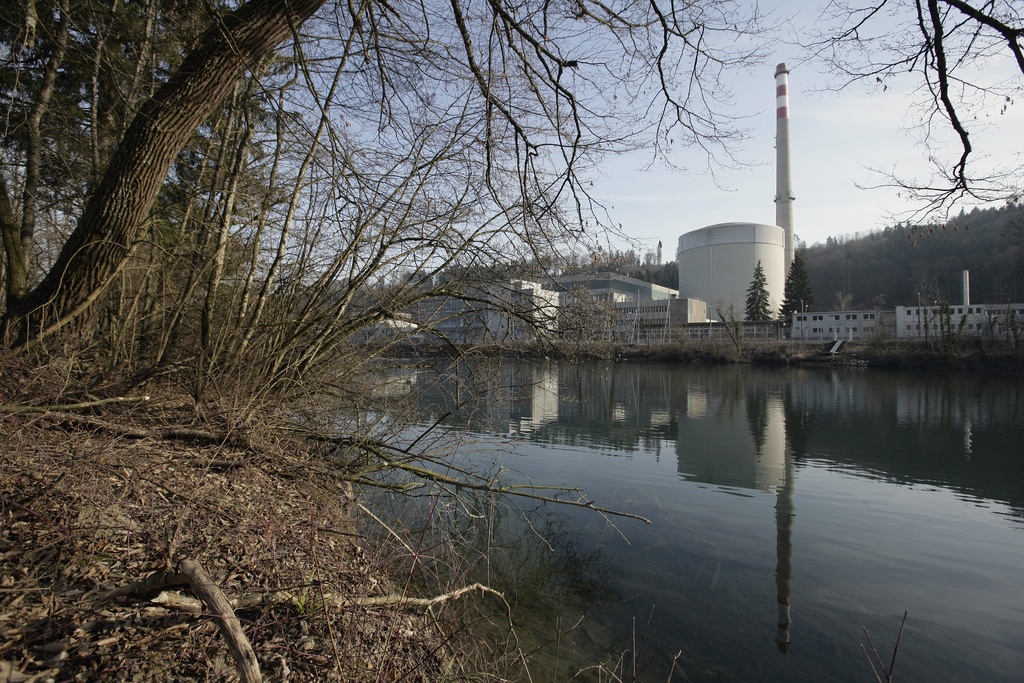
Inhabitants of Mühleberg, a Swiss village near a nuclear power plant, say that while the events in Japan are “appalling”, they don’t expect their lives to change.
Kurt Herren, the town’s mayor, said he wanted to see a detailed analysis by the Swiss authorities when more was known about the Japanese nuclear power plant accident that followed Friday’s deadly earthquake and tsunami.
“We’re appalled by what has happened in Japan and I find it a pity that the whole focus is being put on the nuclear power issue when you see what has been happening there … that tens of thousands have probably died, that 100,000 no longer have a home and there’s a precarious situation with food and water,” Herren told swissinfo.ch.
The name Mühleberg is synonymous with its nuclear power plant and it was only last month that voters in canton Bern voted in favour of plans to build a new nuclear power plant there to replace the existing one which went into operation in 1972.
In canton Bern, 51.2 per cent of voters said yes, but in the city of Bern more than 65 per cent of voters were against Mühleberg II. The installation is located in a commune bordering the city of Bern.
On Monday Energy Minister Doris Leuthard ordered safety to be re-examined at Swiss nuclear power plants following blasts at a Japanese power station hit by a tsunami. She also decided to suspend requests to build new replacement nuclear power stations in Switzerland possibly delaying the timetable for a nationwide vote in 2013.
Draw appropriate conclusions
Herren now expects the Federal Nuclear Safety Inspectorate, as well as the BKW Energy company that operates the plant, to examine the findings from the Japanese accident when available and draw appropriate conclusions.
swissinfo.ch spoke to a number of residents about the Japanese nuclear accident. One housewife said recent events had not changed her life and she was not afraid.
“What’s meant to be is meant to be. We have to live with it,” she said, adding she was “not sure” about the plans for a new and bigger nuclear plant near the River Aare down the road from the village.
A local gardener spoke in a similar vein. “What’s happened in Japan is certainly making us think. But for the moment it doesn’t make much difference.”
“Not a problem for me”
A carpenter said he had complete trust in the authorities and knew people who worked at the local plant.
“Some of them are colleagues and friends – people I know from the village and they’re doing their jobs OK. We work there ourselves, have contracts, do carpentry work and we know what it’s like on the inside and how the security regulations are applied. It’s not a problem for me,” he said.
He was against plans for a new plant at Mühleberg “but considering we need electricity, it’s difficult… If there was no Mühleberg, we would still be surrounded by Germany and France [with their nuclear plants]”.
Local estate agent Andreas Schlecht, who is head of local security in the village, understands that the accident in Japan “will have a certain effect. It’s right that we question everything”.
He added: “The security of the power station and the latest knowledge will all be taken into consideration by the power station’s operators, the supervisory committee, the people who live in the village and the people who are responsible for security… not immediately, but in a few weeks when we know more about the reasons, the comparisons that can be made and the impact.”
Schlecht also took a swipe at the media. “I don’t think the present mood in journalism is objective enough…. We should help the people suffering there – and here we are talking about the current stock exchange and house prices, when actually we’re living in a kind of paradise. We should be helping the others rather than discussing hypothetical possibilities.”
Emergency procedures
Local people seem to be well aware of what to do in an emergency situation at Mühleberg.
“Yes. Everybody knows the alarm system and what you have to do. It’s clear. Sirens will sound the alarm and people would be informed by radio. Put the radio on and wait to be told what to do,” the carpenter said.
Local residents also have iodine tablets in case of a radiation leakage.
“There are iodine tablets that we could take, but I don’t know if they would help a lot. I don’t really think so,” said one motorist, who argued in favour of renewable energies.
Herren said he was not convinced that Switzerland could do without nuclear power soon.
“I feel that we still need nuclear plants in Switzerland for the next 30 to 40 years because I don’t believe that alternative energy can replace them.”
“Continue in parallel”
“I’m in favour of encouraging these alternative energies as far as possible. I personally drive a hybrid car and am at present installing [at home] a heating system using the earth by drilling a hole 193 metres deep. But I think we have to continue in parallel for the time being.”
Herren said no one had come to him demanding he call on the operator and the federal authorities to switch off the plant.
He explained that apart from the iodine tablets and the alarm system, there were also shelters, adding that an emergency test was carried out last year.
“The federal authorities, the canton, the commune and the operator were all involved in this exercise and we tried to look at communication and how it worked. Does everyone know what he has to do? What is missing? Where are there gaps? We carry out such exercises from time to time.”
“I don’t think we should be afraid here and no longer sleep. The plant has been in operation for almost 40 years and we’ve had no big problems with it,” he added.
Switzerland has five nuclear power reactors which generate about 40% of the country’s electricity.
Hydro-electric power makes up the bulk of the rest, while about 3% comes from other sources.
Solar, wind, bio-fuel and biogas account for about 2% of electricity production, according to the Federal Energy Office.
The five nuclear power plants gradually went into service between 1969 and 1984 and have an unlimited duration operating licence.
The operators say the lifespan of the stations runs out between 2019 and 2034.
Spent fuel rods were sent to France and Britain for reprocessing until 2006 when a ten-year moratorium came into force.
The authorities currently examine sites for the construction of nuclear waste disposals to be built by 2020.
A proposal for a low and intermediate waste repository in central Switzerland was blocked by referendums in 1995 and 2002.
In 1990 voters approved a ten-year moratorium for the construction of new nuclear power plants.
In 2003 – three years after the end of the freeze – the electorate rejected an extension or a definite withdrawal from nuclear energy programmes.
In 1969 an experimental power reactor in an underground cavern was sealed and written off following a core meltdown in 1966.

In compliance with the JTI standards
More: SWI swissinfo.ch certified by the Journalism Trust Initiative
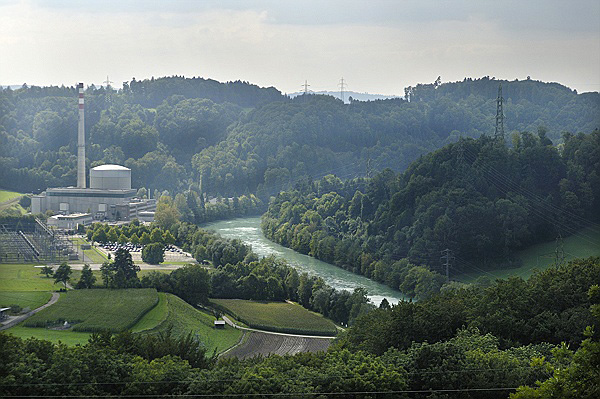
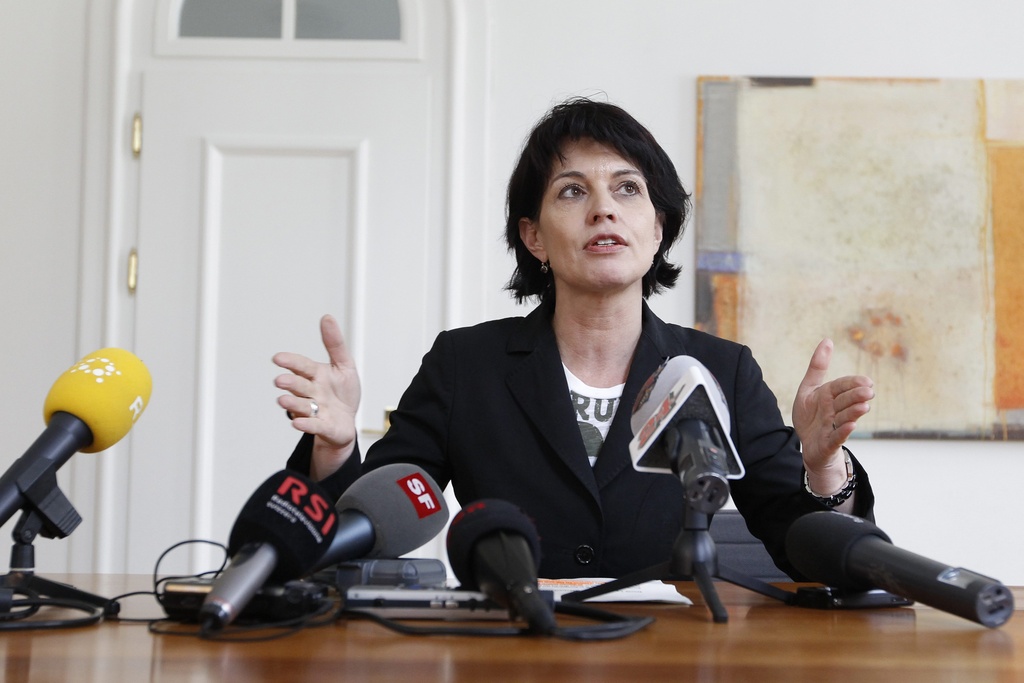
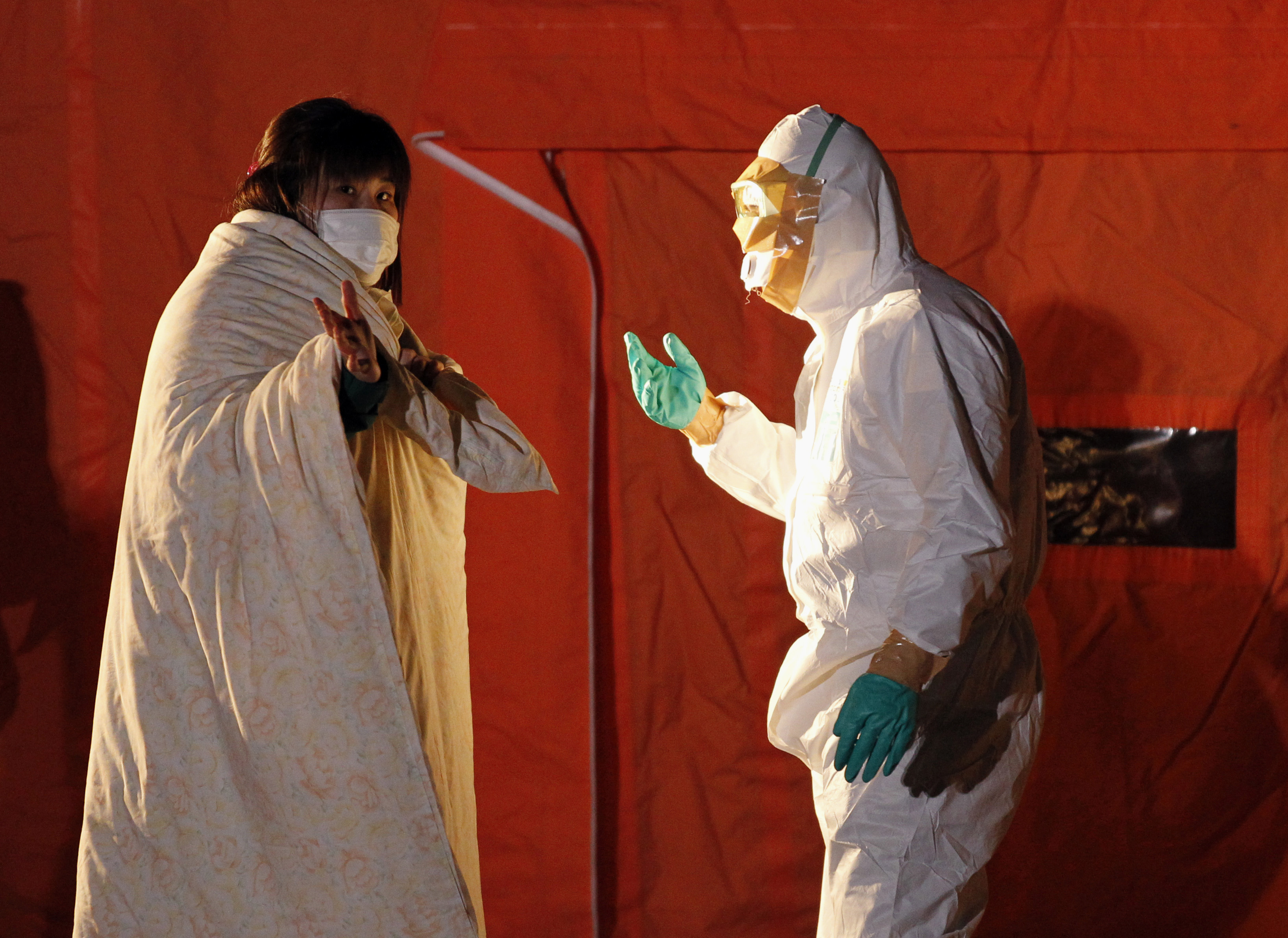
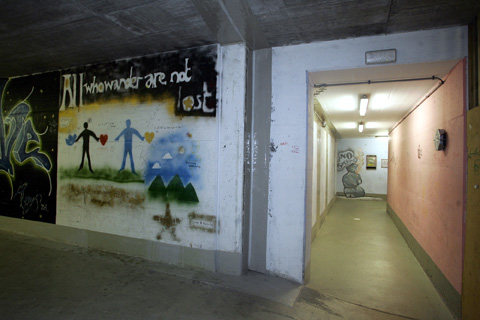
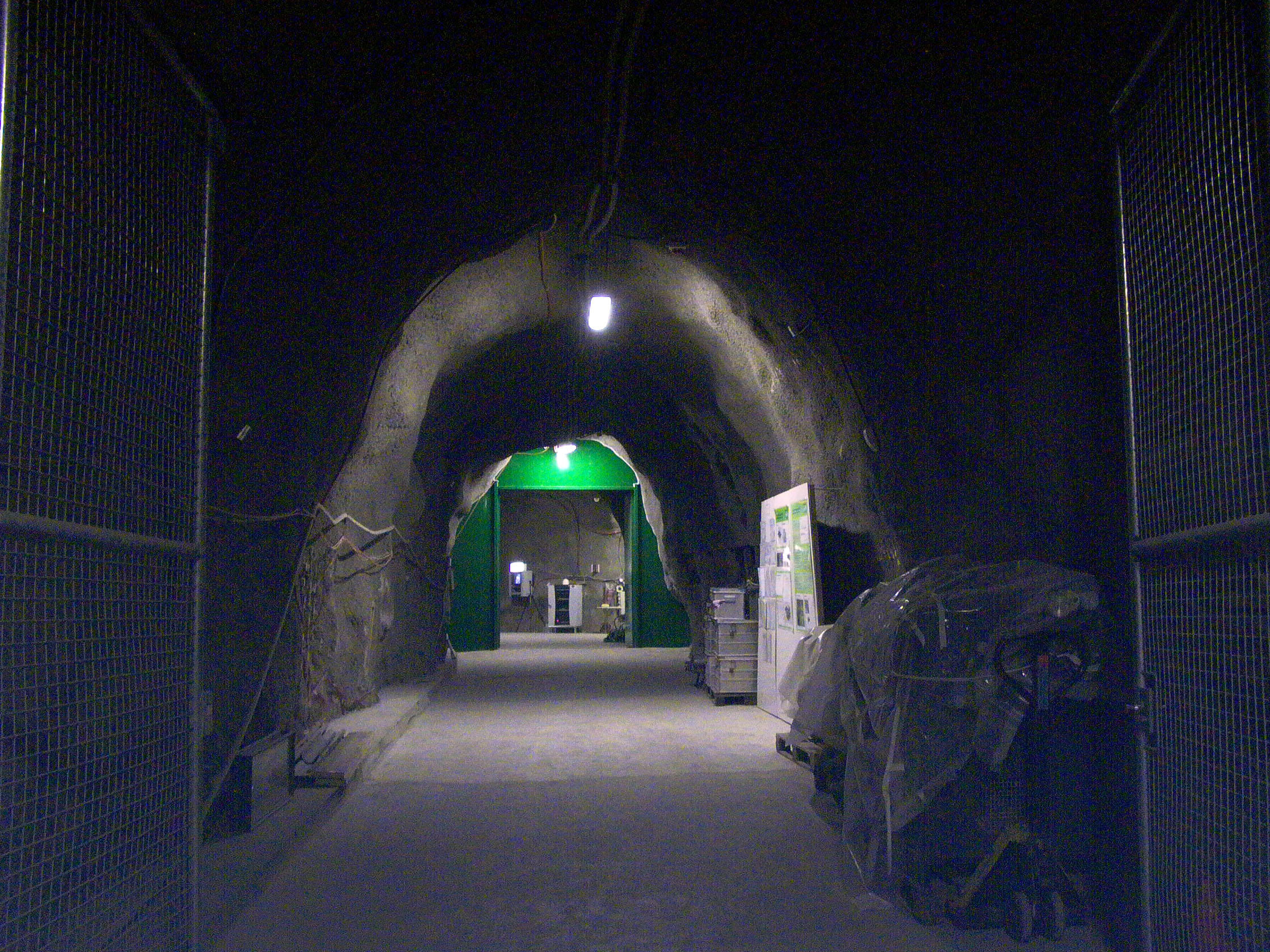
You can find an overview of ongoing debates with our journalists here. Please join us!
If you want to start a conversation about a topic raised in this article or want to report factual errors, email us at english@swissinfo.ch.